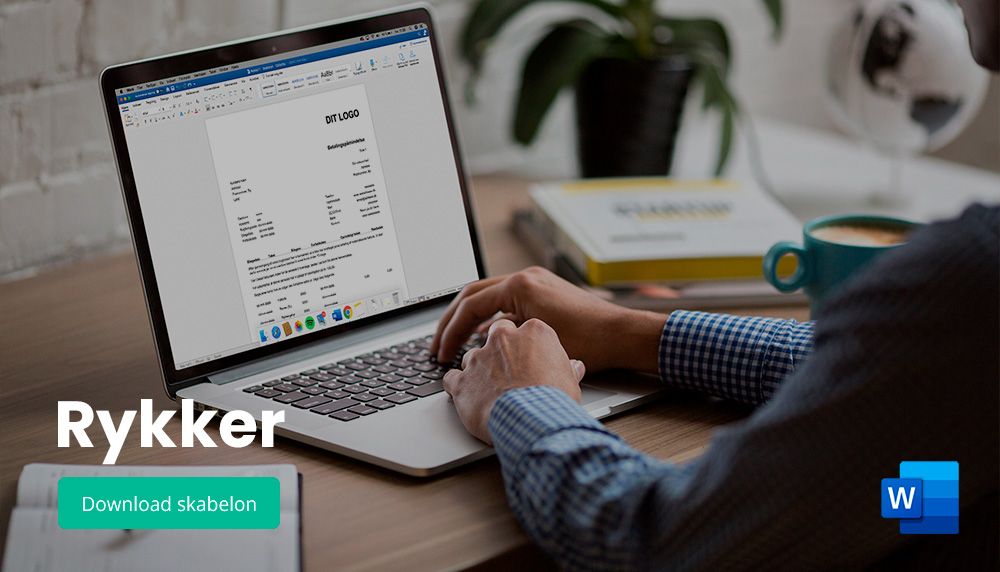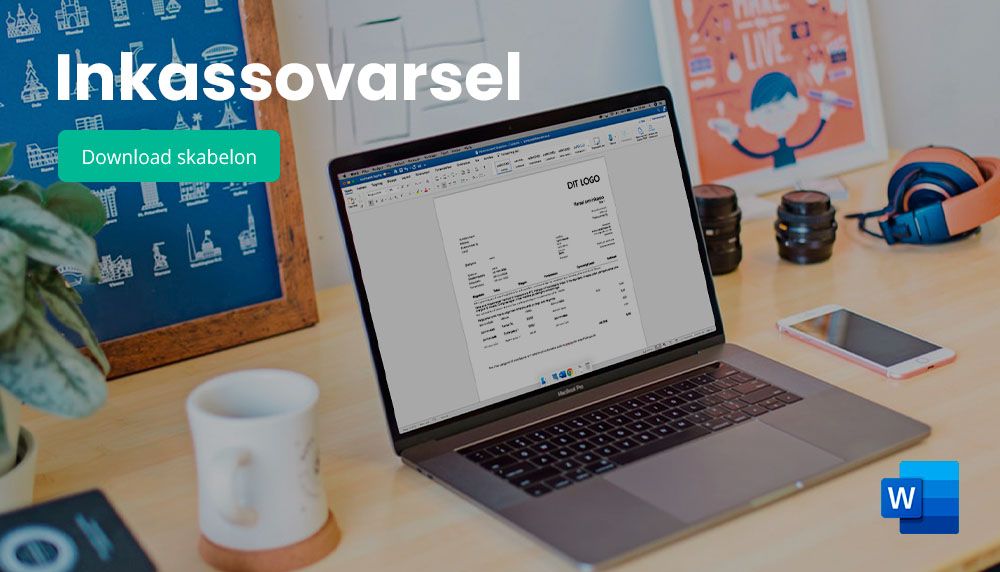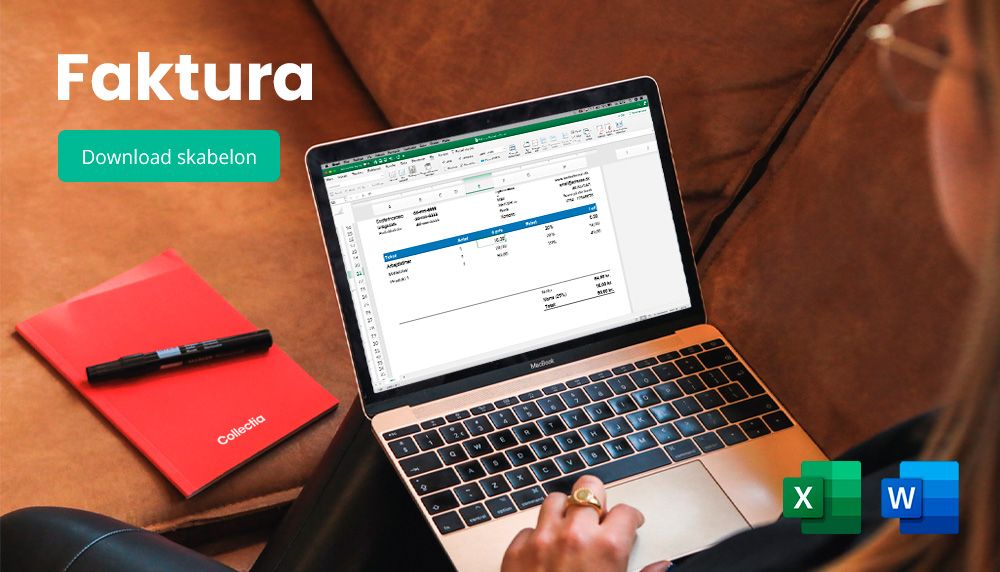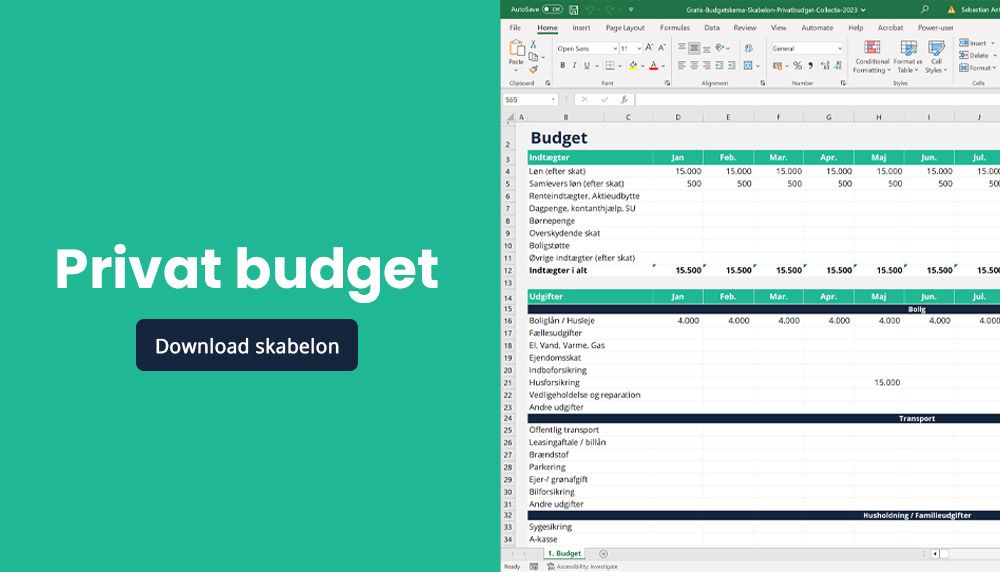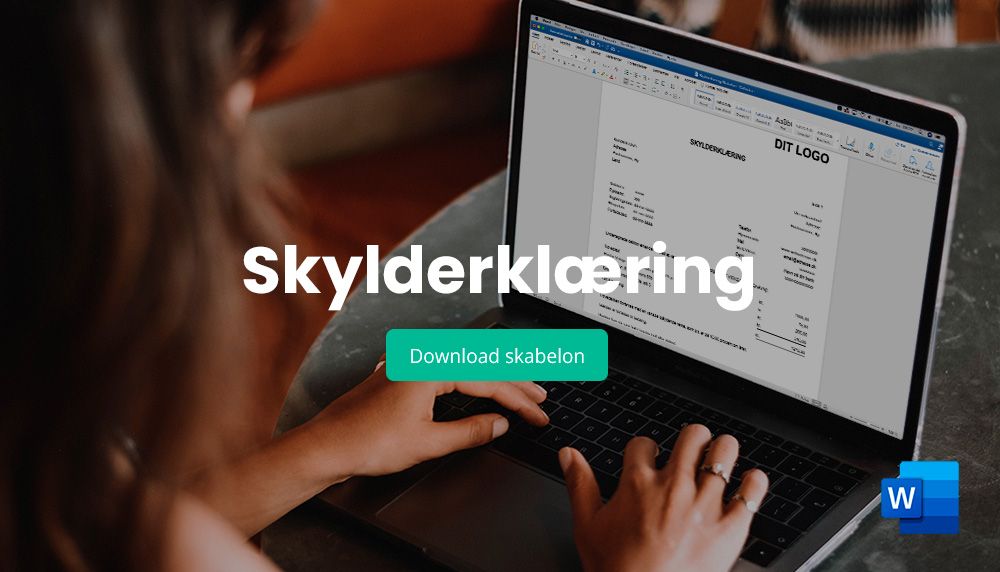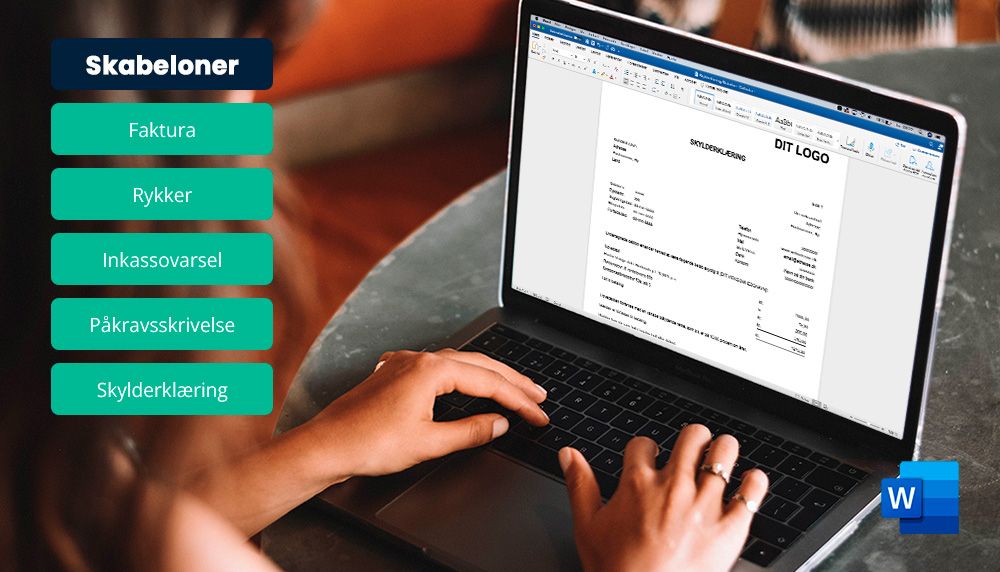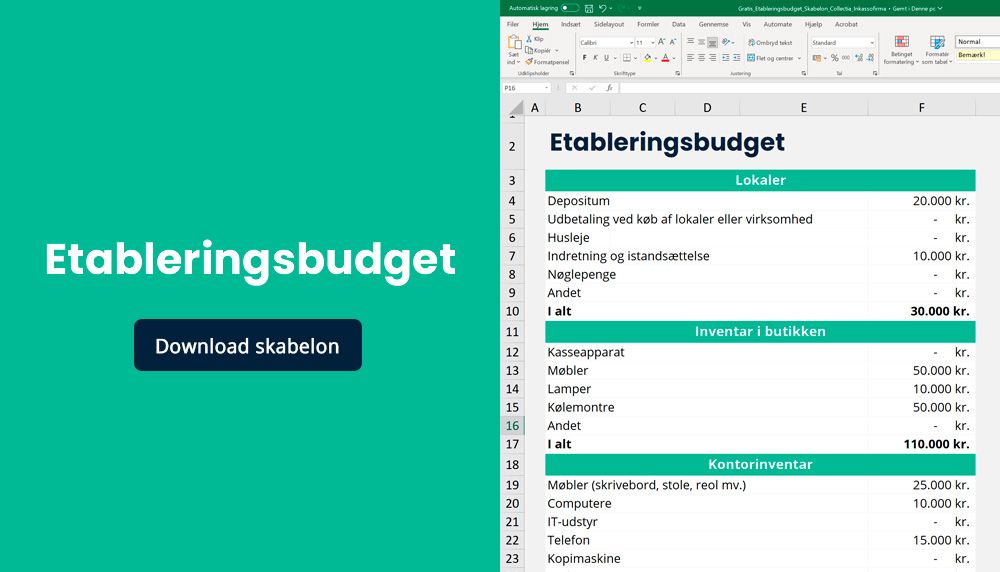
Effective debt collection in 2022 - What you need to know
Are you experiencing customers not paying for work done or products delivered? Don't worry - you're not alone. Fortunately, there are many (and good) ways to get your money back through debt collection - either in the form of 'do-it-yourself debt collection', or with the help of a lawyer or debt collection agency.
Collectia is one of the largest debt collection companies in the Nordic region - and not without reason. For more than 150 years, we have helped everyone from the florist down on the corner to a number of the Nordic region's largest companies and groups to establish an effective debt collection process.
Whether you are a client of ours, a client of a competing debt collection company - or perhaps do not have a debt collection company yet - we feel obliged to provide our best tips and tricks to get more out of debt collection.
Read the article here and get inspiration to get more out of debt collection.
Tip 1: If you snooze, you lose
As the old English saying goes, "if you snooze, you lose" - and the same is true if you are an accountant or business owner looking for an efficient debt collection process.
Because experience shows that the quicker you react to a customer's non-payment, the more likely you are to get your money back.
There are many reasons for non-payment, from a simple oversight to an inability to pay. Whatever the reason, it's important that you as a business react quickly and try to find a solution - preferably before other creditors come calling.
Tip 2: Credit rating your customers
Assessing your customers' creditworthiness has never been easier - and as a debt collection company, we recommend you do it.
Whether you choose to credit score your customers every time they shop with you, every time new customers join your business - or every time they order more than a certain amount - is up to you. We clearly see that the need for debt collection can be reduced - and perhaps even avoided altogether - if companies make greater use of credit ratings than they do today.
A credit rating gives you a (better) financial insight into your customer's financial situation, while ensuring that you know who you are actually dealing with; their name, address and contact details are correct.
By the way, did you know that Collectia has its own credit rating platform, Qatchr? Try it for free right now.
Tip 3: Have a process ready
Fortunately, few businesses experience debt collection as a major problem. It's something you might experience a handful of times a year.
Regardless of the frequency of collections your business has, make sure you have a process in place - and make sure you stick to it
Who deals with our bad payers? What do we do when the customer does not pay? Do we call the customer? Do we send a debt collection notice - or just a reminder? Do we collect the debt ourselves - or do we use a debt collection agency?
Whatever your process is when a customer doesn't pay, make sure you agree it in advance so that the right people know who does what.
Tip 4: Send to a debt collection agency - if you don't want the hassle
We see a lot of companies that don't want the hassle of dealing with bad payers. They often end up writing off the amount, thinking that it's probably not worth chasing the money anyway.
Fortunately, it pays to take action and in the event that your company does not want to spend time and resources on collecting an outstanding debt, we recommend that you send the case to a debt collection lawyer or a debt collection agency.
At Collectia, for example, we offer "no cure, no pay" - if we don't get your money back, it hasn't cost you anything. We live off the fees, interest and costs that may be imposed on the case.
Tip 5: Know your options
Debt collection is an unknown quantity for many companies - and that's a shame, because there are many good tools available if you don't want to let a debt collection company handle your debt collection - but want to do it yourself.
However, most businesses are often not aware of the options available - what are we allowed to do? When can we send the first debt collection notice? When can we send the first reminder? And how much can we charge in reminder fees and compensation fees?
In that case, we recommend you read our guide here:
